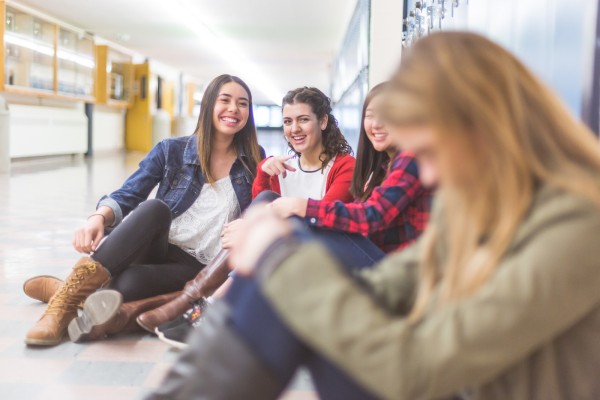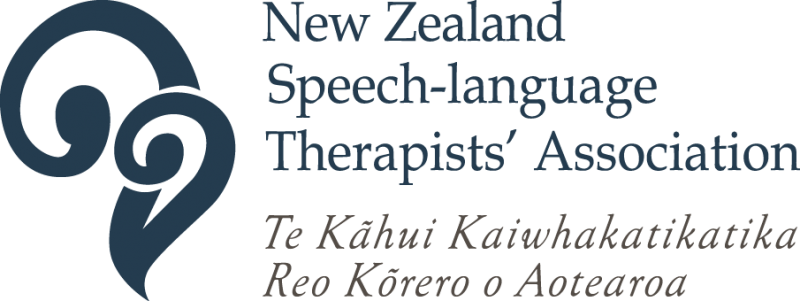Payton: She still needs a lot more support and therapy
Fifteen-year-old Payton had a ruptured arteriovenous malformation (AVM) in October 2021 and then a stroke while she was in emergency surgery.
She lost the ability to talk, swallow and move her body. One year later, she had surgery to remove an AVM, which damaged a nerve, caused hearing loss in her right ear, and lessened the movement of the right side of her face.
Says Payton: “I was on a tracheostomy for a long time, and while in Starship, I had to learn how to swallow and try to talk again.”
“I used eye blinks to communicate ‘yes’ or ‘no’ and then started using a keyboard-type tool.”
“Mum would ask if the first letter of the word I wanted to say was in the first line of the keyboard, and so on, until we got to the right letter, and from there, we would spell words.”
With rehab therapy, Payton eventually moved her hand so she could point to the letters to spell out words.
“Or there were the names of my family or my favourite things I could just point to,” she says.
Payton also used a ‘swallow prompter’ on her phone to remind her when to swallow. She also had to re-learn how to make sounds and use her voice again.
Payton’s inability to talk or swallow normally after the AVM rupture required intensive Speech-language therapy (SLT).
Her SLTs helped assess her communication and swallowing ability, assisted her in learning how to use her voice again, and supported her with further therapy on her paralysis.
But since returning to school after leaving the hospital and then the Wilson Centre, she can’t access the full SLT support she still really needs.
As a result of her initial SLT treatment, Payton can now eat, swallow, and communicate. She eventually learned to smile symmetrically with extra therapy and has more facial expressions and movement.
“I still have some issues around certain letters and my tone/pitch. I sometimes struggle with my articulation.”
The AVM affected her chewing and her ability to smile; she still has difficulty chewing.
“I find it difficult to eat in public, engage in conversations with students at school, and build relationships with peers,” she says.
Payton still needs a lot more support and therapy, but getting access to SLT services can be difficult.
“Our whānau need information and support. There also needs to be support groups for children who suffer with aphasia because there really aren’t any support groups for people my age to talk to about this.”

